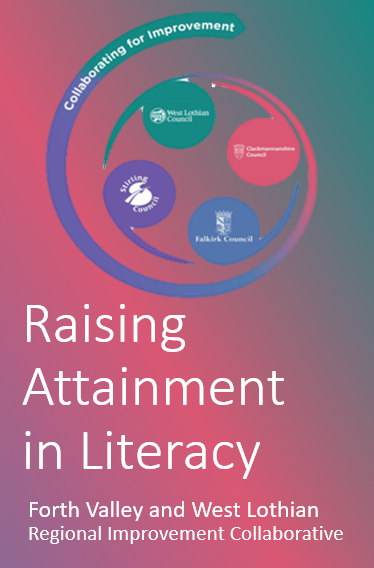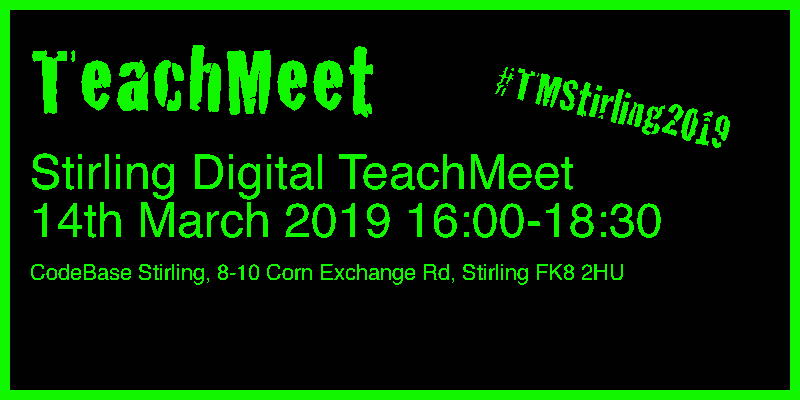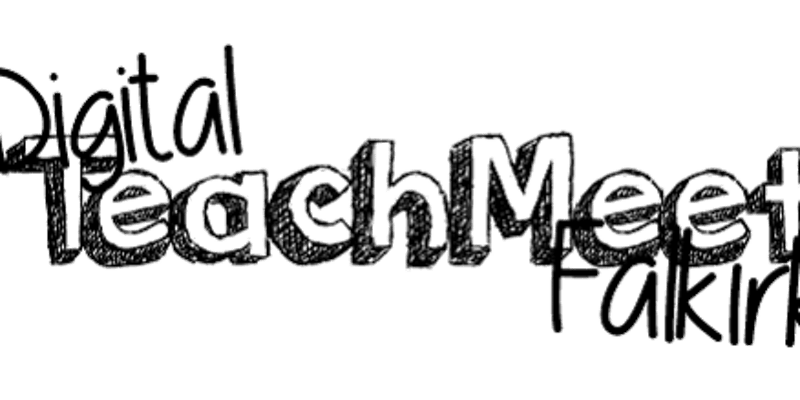 Why is this being prioritised?
Why is this being prioritised?
Each local authority recognises that by improving attainment levels in reading, young people will be able to achieve more. By working across and through the Collaborative, combining resources, creativity and expertise, we will be empowered to transform learning.
Overarching Aims
To develop collaborative learning approaches which build staff capacity to deliver high quality literacy learning experiences for all.
What do we want to achieve?
To directly support practitioners to develop their knowledge, understanding and application of research informed pedagogy that is proven to improve outcomes for children and young people.
Develop face to face and digital collaboration between practitioners within and across local authorities and health boards to promote leadership at all levels.
To raise literacy attainment for all and close the poverty related attainment gap by supporting reflection on the performance of learners to enable continuous improvement.
Actions and Indicators of Progress
Short term (February-June 2018)
1. Identify leads from each authority (Literacy Team) to work with the literacy QAMSOs to develop a plan based on feedback from teachers and practitioners
2. Analyse baseline data and information from across the RIC
3. Identify common areas for targeting interventions
4. Identify drivers for improvement (Literacy Strategic Plan Appendix 2)
5. Establish sub group work-streams for agreed areas to research, develop and support: Accurate practitioner judgement of CfE levels in reading
Practitioners’ skills in pedagogies required to engage learners in building a reading culture
Sharing skills in pedagogies required in vocabulary development
6. Develop a professional learning programme for reading moderation
Medium term (August 2018 – June 2019)
1 Literacy QAMSOs will work with the lead team to develop a high quality moderation pack for Reading
2. Develop a digital sharing space to support pedagogy CLPL
3. Develop power-points and holistic assessments to support professional judgement in confirming CfE levels in Reading
4. Identify best practice to share across the RIC
5. Initiate practitioners groups supported by librarians and researchers who will build practitioner skills in developing a reading culture
6. Discuss and agree baseline measures to use to gauge progress (use information provided by the Performance Improvement Team)
7. The Literacy Team will discuss measurement of progress and analysis of data with the Performance Improvement Team
8. Create a Literacy data pack demonstrating tracking progress and improvement
9. Engage with the Communications Team to design a strategy to share practice and develop a practitioner network for literacy
10. Literacy QAMSOs will work with practitioners, schools and clusters within their own local authority to build confidence in professional judgement on CfE levels in reading
11. Provide input to the Autumn FV & WL RIC Consultation on the ‘Ask and the Offer’
12. Review Literacy plans in light of the outcomes of the consultation
13. Develop partnerships with Scottish Booktrust and other identified literacy partners.
Longer term
1. Evaluate the effectiveness of staff development approaches
2. Review progress at identified level(s) of literacy in reading
3. The Literacy team will explore and facilitate sharing best practice from PEF strategies across the RIC
4. A wider collaboration strategy will be developed with partners and stakeholders including CLD, ASN groups and parents
5. Design a scaling up of the project to all levels throughout the BGE
Intended Impact of the Literacy Plan
The measures of success will be:
To be confirmed in consultation with the Performance Workstream – January 2019
Interim progress will be gauged by
- Sampling of moderation shows consistency of practice
- Practitioner feedback demonstrates quality collaborative activity
- Assessments from speech and language therapy service demonstrate improvement
- Practitioner feedback demonstrates improved confidence in reading level CfE judgements
- Take up and evaluative feedback of collaborative CLPL opportunities
- Engagement and participation with the digital communication platform







